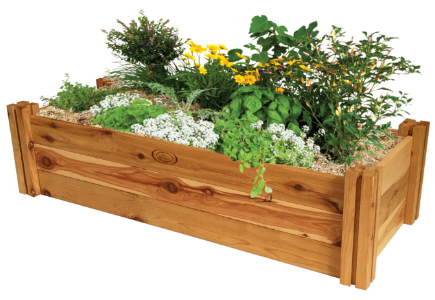The Future of Agriculture: Exploring Scalable Planting Solutions for Sustainable Farming
Body
As the global population continues to rise, the demand for food increases exponentially. This challenge necessitates the exploration of scalable planting solutions that can enhance agricultural productivity while promoting sustainability. In this article, we will delve into various innovative techniques and practices that can be adopted to achieve these goals.

Understanding Scalable Planting Solutions
Scalable planting solutions refer to agricultural methods that can be expanded or adapted to meet varying demands without compromising quality or sustainability. These solutions are crucial for farmers looking to increase their yield while minimizing environmental impact. But what exactly makes a planting solution scalable? It involves the ability to implement practices that can grow with the needs of the farm, whether that means increasing crop diversity, enhancing soil health, or utilizing technology for precision farming.
Innovative Techniques for Sustainable Farming
- Vertical Farming: This method allows for the cultivation of crops in stacked layers, maximizing space and resources.
- Hydroponics: Growing plants in nutrient-rich water solutions can lead to faster growth rates and higher yields.
- Permaculture: This holistic approach focuses on creating sustainable agricultural ecosystems that work in harmony with nature.
- Agroforestry: Integrating trees and shrubs into crop and livestock systems can enhance biodiversity and improve soil health.
Each of these techniques offers unique advantages, and when combined, they can create a robust framework for sustainable agriculture. For instance, vertical farming can be paired with hydroponics to optimize space and resource use in urban environments.
The Role of Technology in Scalable Planting Solutions
Technology plays a pivotal role in enhancing scalable planting solutions. Precision agriculture, which utilizes data analytics and IoT devices, allows farmers to monitor crop health and soil conditions in real-time. This data-driven approach enables informed decision-making, leading to improved yields and reduced waste. Additionally, automated systems can streamline planting and harvesting processes, making it easier to scale operations as demand increases.
Community and Collaboration
Implementing scalable planting solutions is not solely the responsibility of individual farmers; it requires community involvement and collaboration. By sharing resources, knowledge, and technology, farmers can collectively enhance their productivity. Initiatives such as community-supported agriculture (CSA) programs foster connections between producers and consumers, ensuring that local food systems thrive.
For those interested in enhancing their gardening experience, consider exploring options like  . These solutions provide a durable and efficient way to implement scalable planting practices in your own backyard.
. These solutions provide a durable and efficient way to implement scalable planting practices in your own backyard.
Conclusion
In conclusion, the future of agriculture lies in the adoption of scalable planting solutions that prioritize sustainability and efficiency. By embracing innovative techniques, leveraging technology, and fostering community collaboration, we can meet the growing food demands of our world while protecting our planet for future generations. As we move forward, it is essential to remain open to new ideas and practices that can enhance our agricultural systems.








Comments